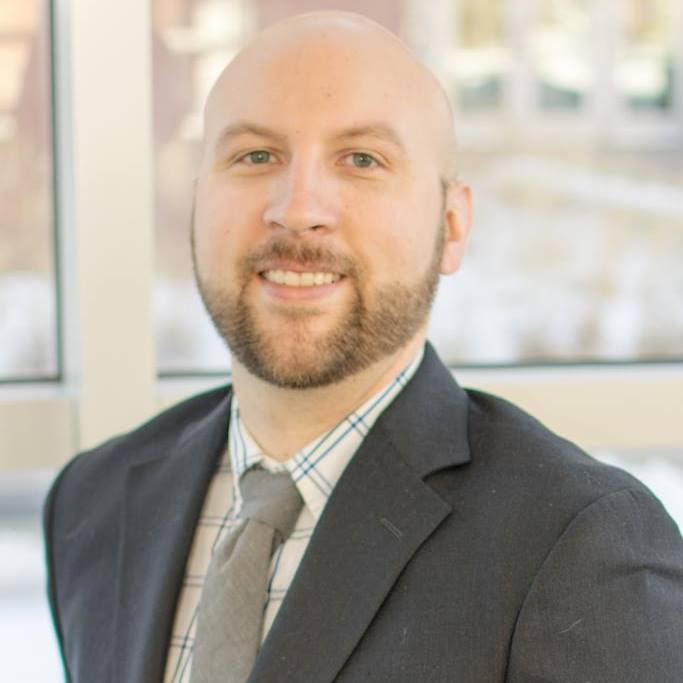FPTR Grant Funds Study Looking at Impact of Rehab on ICU Patients
Guest Post by Jason R. Falvey, PT, DPT, PhD
Researchers and clinicians often see functional decline among older intensive care unit (ICU) survivors. However, little research has focused on the role of rehabilitation in alleviating these concerns.
Additionally, while rehabilitation may also have a significant impact on other symptoms, such as pain and fatigue, few patients participate. As the recipient of the 2019 Foundation for Physical Therapy Research (FPTR) Health Services Research Pipeline Grant, I hope to change the way patients approach rehabilitative services.
The FPTR-funded project – also made possible by a generous donation from the American Physical Therapy Association – will be the first to evaluate social and environmental factors associated with rehabilitation use and functional outcomes in older adults after critical illness.
The study will draw data from a unique 20-year longitudinal cohort study — called Precipitating Events Study — of community-dwelling older adults. It will assesses a geriatric’s ability to complete 13 critical functional activities. It will also evaluate, every 18 months, important factors such as frailty, cognitive function, and social support.
Furthermore, when linked with Medicare claims data, this study has the potential to evaluate the functional consequences of critical illness, observe the real time impact of physical therapy, and inform future multidisciplinary medical and policy interventions for ICU patients.
Jason R. Falvey, PT, DPT, PhD, is a postdoctoral fellow of Yale University’s School of Medicine. He recently joined the University of Maryland Baltimore’s faculty as an Assistant Professor.
Select Foundation Grants and Scholarships Awarded
JASON R. FALVEY, PT, DPT, PhD
